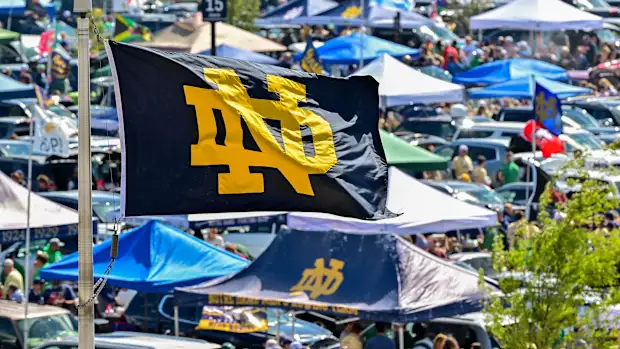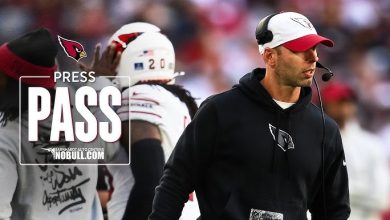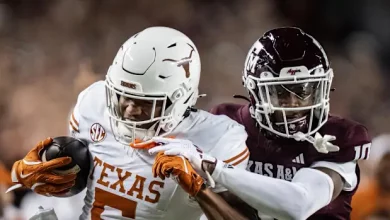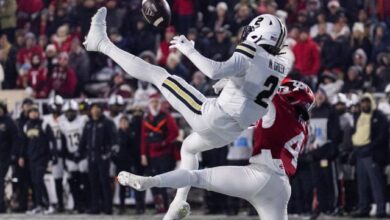Next Year, Notre Dame Will Increase Alcohol Sales at Important Athletic Events

Starting in the 2025 season, the University of Notre Dame will expand alcohol sales to include both general admission and premium seating areas at all home football, basketball, and hockey games. This policy change aligns Notre Dame with a growing trend among major collegiate and professional sports venues, where alcohol is now commonly available throughout stadiums to enhance the fan experience and generate additional revenue.
A Shift in Tradition
Historically, Notre Dame Stadium has been one of the few major college football venues that did not permit alcohol sales in general seating areas. Fans often resorted to tailgating before games or sneaking alcohol into the stadium, leading to inconsistent and sometimes unsafe consumption practices. By formalizing alcohol sales, the university aims to provide a more controlled and enjoyable environment for all attendees.
Aligning with Industry Standards
The decision to expand alcohol sales brings Notre Dame in line with the majority of its peers. An Associated Press survey found that 55 of 69 Power Five schools and Notre Dame now sell alcohol in public areas of their stadiums on game days. This shift reflects a broader trend in college athletics, where alcohol sales are increasingly viewed as a standard component of the game-day experience.
Responsible Consumption Initiatives
In partnership with Teeling Whiskey, Notre Dame is also launching an annual responsible drinking campaign. The campaign will feature on-site branded experiences and be promoted through various media channels, aiming to encourage moderation among fans and students. This initiative underscores the university’s commitment to promoting a safe and enjoyable environment for all attendees.
Looking Ahead
As Notre Dame implements these changes, fans can expect a more modernized and inclusive game-day experience. The expansion of alcohol sales, coupled with responsible consumption initiatives, reflects the university’s efforts to adapt to evolving trends in collegiate athletics while maintaining its commitment to tradition and community.









